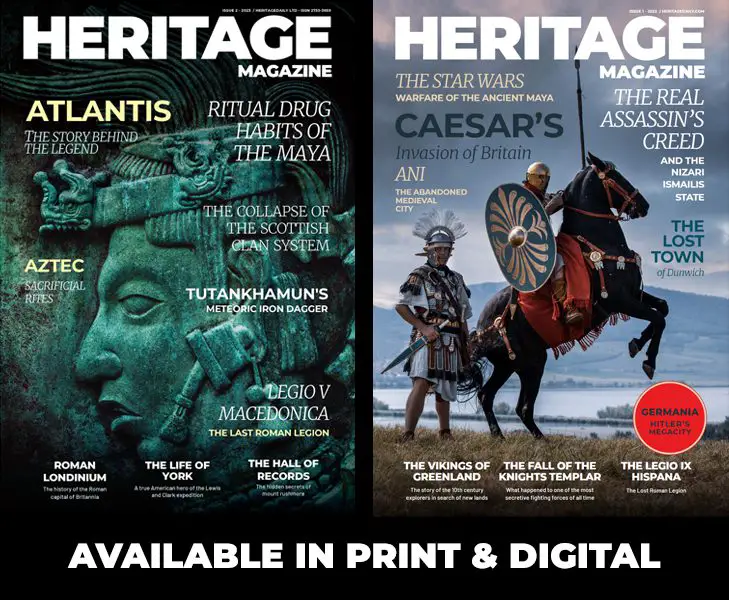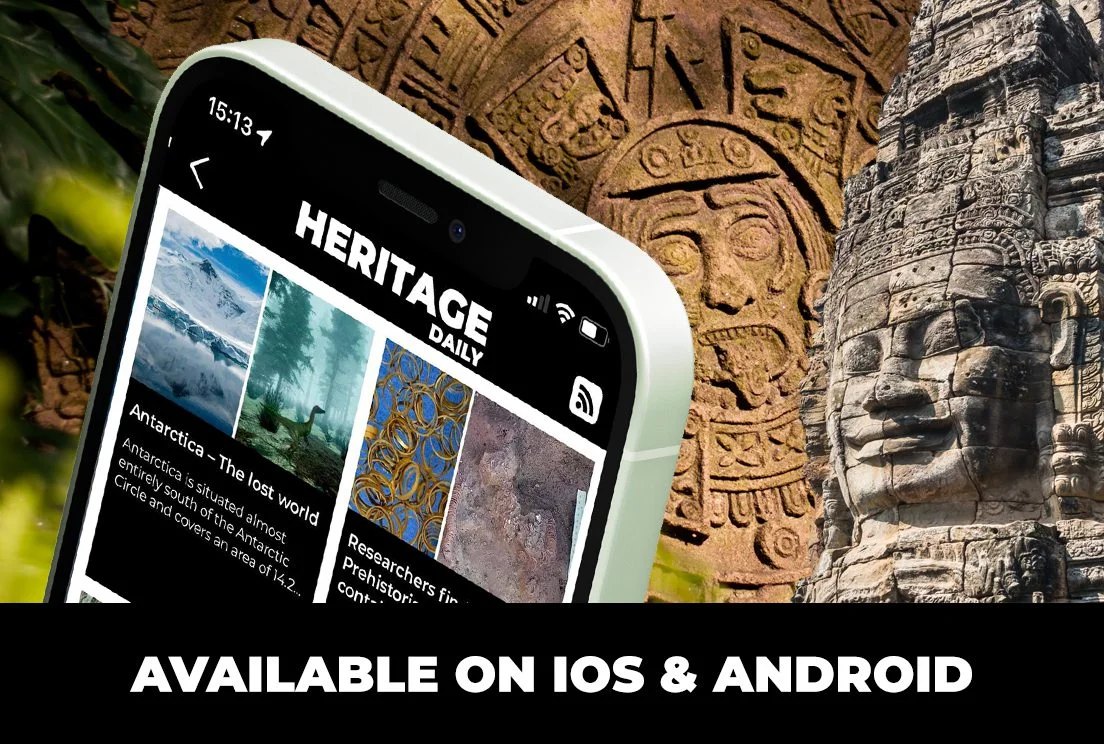An archaeologist from Cornell University has applied a statical analysis to narrow down the time range for the Theran eruption in the Holocene epoch.
The Theran eruption, also called the Minoan eruption devastated the Greek island of Santorini. The eruption deposited layers of pumice and ash, followed by pyroclastic surges, lava flows, lahar floods, and co-ignimbrite ash-fall deposits, leaving Santorini uninhabited for centuries.
By parsing available data and combining it with cutting-edge statistical analysis, Sturt Manning, professor of archaeology, has zeroed in on a narrow range of dates for the eruption. His modeling identified the most likely range of dates between about 1609–1560 BC with a 95.4% probability, or 1606–1589 BC with a 68.3% probability.
“This has been the single most contested date in Mediterranean history for over 40 years,” said Manning. “I’m hoping with this paper people may suddenly go, ‘You know what, this actually limits and defines the problem in a way that we’ve never been able to do before, and narrows it down to where, usefully, we can say it’s in the Second Intermediate Period. So, we should start writing a different history.’”
The new timeline synchronises the civilizations of the eastern Mediterranean while also ruling out several ancillary theories, such as the idea that the Theran eruption was responsible for destroying Minoan palaces on the coast of Crete as the first excavator of Akrotiri, Spyridon Marinatos, proposed in 1939.
https://doi.org/10.1371/journal.pone.0274835
Header Image Credit : Shutterstock





